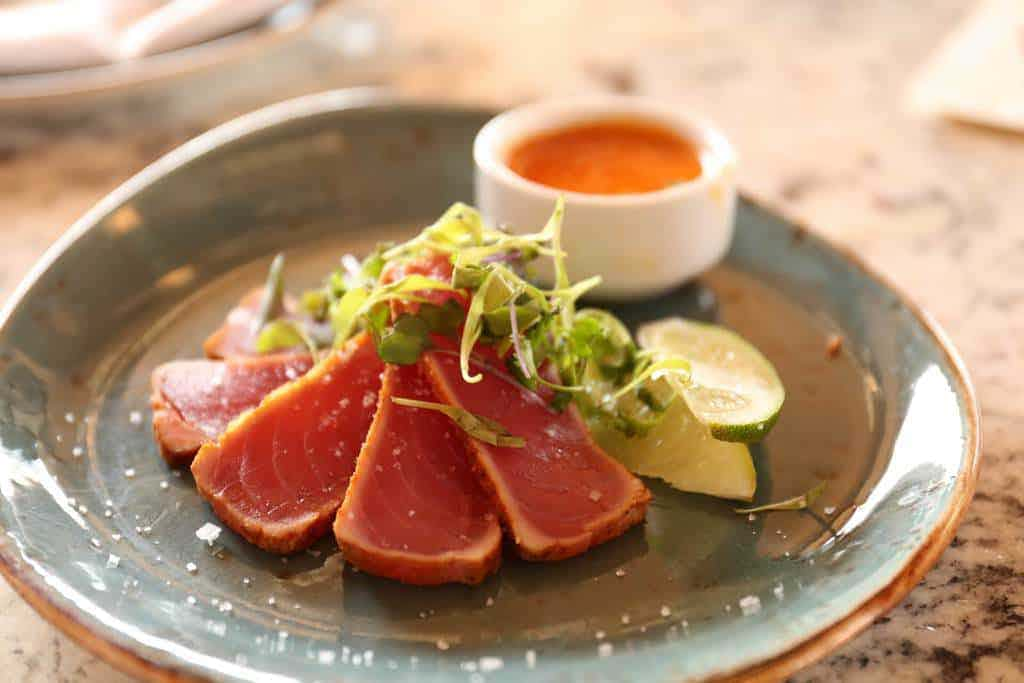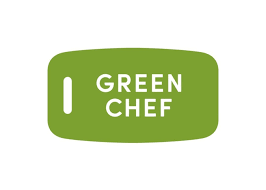Building or maintaining strength is vital no matter how old you are; the older you are, the more critical it becomes. A lack of strength can increase the risk of injury, which can hamper mobility and ultimately, your independence.
Frustrated with food waste or don't know where to start with a shopping list? Try a food subscription box to wash those worries away and put your diet - and finances - on the right track!
There are many ways to improve your strength. Performing simple resistance workouts, increased daily activity (walking, gardening, vacuuming), but also diet.
In this article, we are going to look at five foods to help you build strength. How will they do that? If you’re thinking of Popeye and his spinach, you’re going to be a little disappointed.
Food can help to build strength by providing protein. This helps to maintain muscle mass. When combined with resistance exercises, food can help you to build stronger muscles.
The importance of protein in later life
As we age, our bodies begin to lose muscle mass. There are a couple of reasons behind this, the first being a reduction in exercise. This is not such a big issue because you can reverse this yourself. The second reason is that your body requires more leucine to maintain muscle mass.
Leucine is an essential amino acid found in many foods high in protein. The older you get, the harder it is for your body to utilise leucine. Which means that you need to increase the amount you consume.
We spoke to Charlotte Fisher, Performance and Lifestyle Nutritionist from CF Nutrition, who told Health Times: "Protein is incredibly important for building strength, and especially vital for healthy ageing. It plays a key role in reducing sarcopenia which will help to reduce the risk of falls and fractures as we enter our golden years."
Sadly, many older people tend to consume less protein than they should. So the demographic most in need of protein tends to be the most likely to be deficient. Adding the following five foods to your diet can help to resolve this issue.
Five foods to help build strength
We chose the following five foods due to their high protein and high leucine content.
- Three foods are vegetarian
- Four out of five foods are pescatarian
- None are vegan
Vegans should look at vegan protein options such as beans, nuts, seeds, and lentils. There are also vegan protein powders that you can use instead of whey protein (see below).
Food #1 Whey protein
Whey protein has an unfair reputation as a bodybuilding supplement. It really should be seen as a supplement for everyone, and older people are most likely to benefit from its use. Whey protein is one of the best sources of leucine around.
It is high in protein, from an economic point of view it is the best value for money in terms of pence per gram of protein, it is versatile, and comes in hundreds of flavours.
You can combine whey protein with oats and Greek yoghurt (two other foods on this list) to create the ultimate protein/leucine meal or mix it with fruit to help you hit your five a day target.
Food #2 Pork
We’ve chosen pork, but this could also be beef, lamb, chicken, or any other form of meat, which is an excellent source of protein and leucine. Of all the available meats, pork has the worst reputation for being unhealthy.
Sure, if you’re eating bacon and sausages, you’re going to have to deal with the high calories and high saturated fat content.
If you look for leaner cuts of pork, such as tenderloin, you’ll get one of the best protein to calorie ratios around.
Food #3 Tuna
Tuna is such a good choice as it is high in protein, contains omega-3 fats, and is available cheaply. It’s also very quick to prepare; you can open a can, and you're ready! Other tinned fish are just as good, and many can be even cheaper to buy.
Food #4 Oats
Oats are a good source of protein, are rich in fibre and healthy fats, and are another economical choice. You can turn oats into porridge, eat them with milk or yoghurt, or add in some whey protein to supercharge your protein intake. They also cost almost nothing to purchase!
Food #5 Greek yoghurt
Greek yoghurt is fantastic. Low-fat varieties are high in protein and mix well with oats, fruit, whey protein powder, or honey if you fancy something nice and sweet. When purchasing, make sure you buy real Greek yoghurt and not “Greek-Style” yoghurt.
Greek yoghurt is expensive, but it is a fantastic source of protein and is very healthy. Greek-style yoghurt is regular yoghurt, is low in protein, and is a waste of your time and money, though admittedly it does taste great!
Foods to build strength
Adding these five foods to your diet will improve your protein intake each day. Provided you use them to replace foods that are lower in protein, you should see some benefits to your metabolism. If you are currently overweight, you might even see some weight loss!
To see the benefits, ensure you are leading an active lifestyle. Find yourself an activity that will raise your heart rate and require some strength and endurance. Walk more if possible, sign up for the gym, or just put more effort into housework - which is surprisingly useful for building strength and burning calories!
Jack Braniff-Ellis from Box Nutrition had another tip about watching your calories, telling Health Times: "Protein rich foods like meat, dairy, beans and pulses are incredibly important for building strength, however don't lose sight of your total caloric intake, as this is fundamental to help with growth and repair of new muscle tissue."
In an ideal world, you will eat well, move often, and have a healthy body as a result. If you find that you don't have the energy to exercise, then you may not be eating enough. Or the foods that you eat aren’t the right ones. Focus on your protein intake, add the foods we’ve mentioned, and be consistent with them.
You should start to see results within just a few weeks, and it will help you to lead a more active and independent lifestyle in the future.









